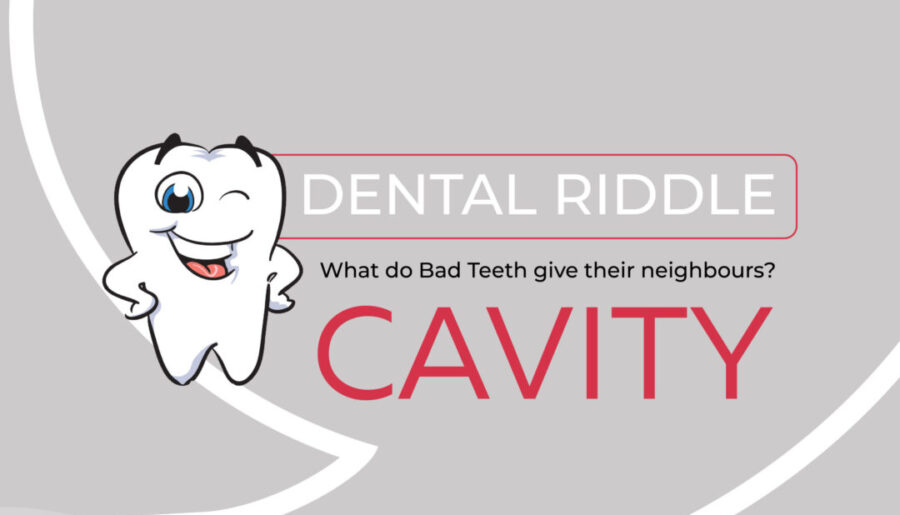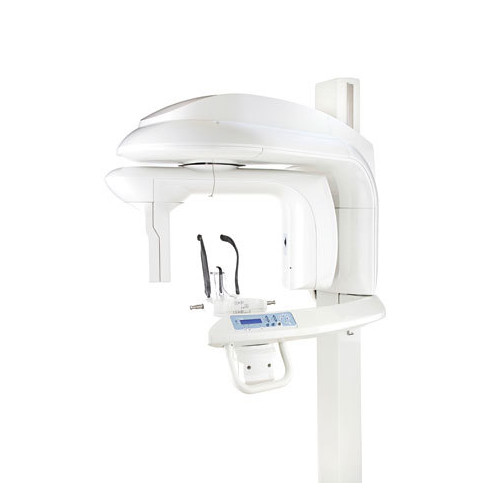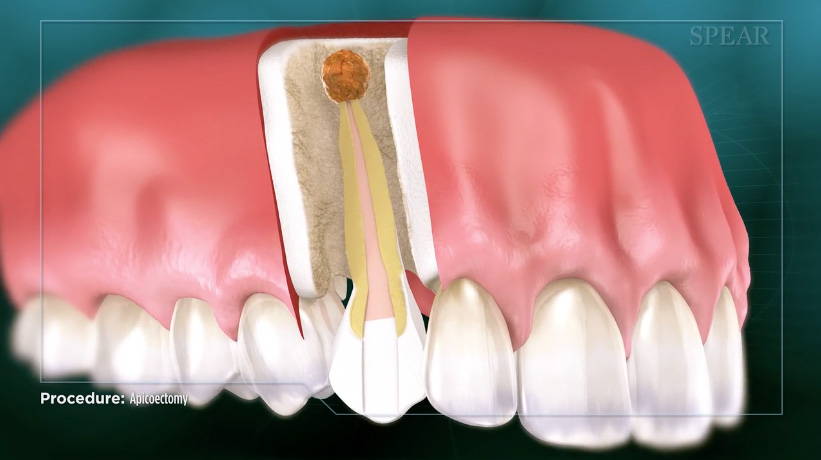A tooth infection is a serious problem that can lead to other health issues. It can be difficult to detect a tooth infection at first, especially if it’s just beginning. However, with the help of an expert, you may be able to recognize the warning signs of potential infection in time to treat it before it worsens. A cheeky-sounding but completely serious condition called caries is what we know as tooth decay or a cavity. Left untreated, caries can spread through your mouth and get much worse – see our blog on root canal therapy for more details. If left too long without treatment, further complications develop, in your mouth. None of these are good things! But don’t worry, there are steps you can take to prevent tooth infections or manage them starting with a CBCT scan,
Yes. While x-rays can show infection, a CBCT scan will be able to show whether that infection has spread. It can even look further than just the tooth, allowing the endodontist to assess whether the infection has spread more, such as into the neck.
Check for tooth sensitivity or infection
A tooth infection can cause some teeth to be extra sensitive to heat and cold. For instance, drinking hot tea or coffee may be too much for an infected tooth – it really depends on the individual situation. If you notice that your teeth are extra sensitive, there’s a chance infection is present. Infected teeth can also feel challenged if you try to brush them too hard. They may also feel too sensitive to be flossed.

Fluid coming from your gum | Tooth Infection
You might notice a pool of clear or blood-tinged fluid collecting at the bottom of your gum next to an infected tooth. It’s best to keep an eye on this and see a dental expert if it doesn’t go away on its own, as this could be a sign of an infection. If you don’t know what’s causing the fluid, you can ask your dentist to take a sample to examine under a microscope. This can help them identify the cause of the problem, which will help them determine the right treatment option.
Your mouth feels hot and swollen | Tooth Infection
If your mouth is swollen around the infected tooth, your infection may be getting more serious. If your infection has started to spread, you may notice your gums are red and swollen. You might also feel some pain and tenderness in your gums. If your infection is left untreated, it can spread to other parts of your body, including your bloodstream. From there, it can travel to other organs and cause serious, even life-threatening, health issues.

You have bad breath or taste in your mouth?
A tooth infection can lead to bad breath, especially if the infection is located near your tonsils or the back of your throat. Infections in these areas can cause bad breath that has the taste of rotten eggs. If the bad breath is coming from an infection, it shouldn’t disappear on its own. You should talk to your dentist if you think you have an infection. He or she might suggest using an antibacterial mouthwash to help relieve the symptoms and speed up the healing time.
Other symptoms of a tooth infection or caries
- Swollen or tender gums: An infection in your gums can cause them to swell and become tender. – Headaches: An infected tooth can lead to headaches, as bacteria can travel to your brain.
- Fever: A fever is one of the more serious symptoms of a tooth infection. If your infection is causing a fever, you should see your dentist as soon as possible to prevent further complications.
Conclusion
Yes, the Dental CBCT scan is the only diagnostic method to be able to identify dental cavitation infections in the jaw and also helps diagnose other bone related issues. A tooth infection can be a scary and painful experience, but it doesn’t have to be! You can take steps to prevent tooth decay or a tooth infection, or you can catch it early if you’ve already started to see signs of one. There are also steps you can take if you think you’ve already developed an infection, such as using dental tools to remove plaque, scheduling regular dental appointments, and seeking treatment from an expert if you need to.






